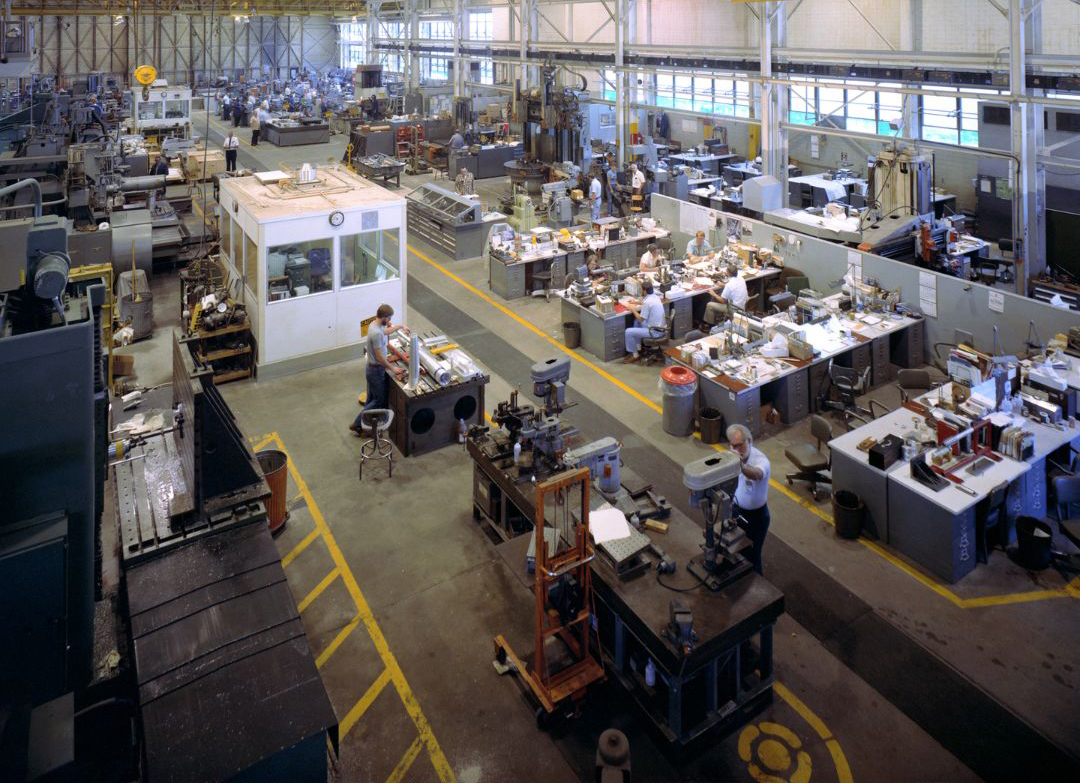
Department Elec., Telecom. and Mechatronics
Characteristics Of The Field Of Study
Course description/educational objectives and outcomes
Electronics and Smart Technologies field of study is first-cycle studies with a practical profile and conducted in full-time mode for 3.5 years (7 semesters). Following the second year of studies, the students complete one of two elective modules: Electronics and measurement systems or Mechatronics and smart technologies. Upon completion of the studies, the graduates obtain the professional title of engineer and are prepared to undertake second-cycle studies.
Electronics and smart technologies is a field of study that meets the current needs of the labour market, aimed at people interested in learning about modern technologies in electronics and mechatronics. Electronics is a field of science that is developing extremely dynamically and currently interacts with many related fields. The students have the opportunity to learn the basics of electronics and then deepen their knowledge in this particular and related fields with advanced issues – mechatronic systems, modern materials, electronics in medicine, industry, and space technologies. The students acquire knowledge and practical skills in the design, manufacture, programming, diagnosis and operation of electronic, mechatronic and telecommunications devices and systems, learn to apply modern IT tools for this purpose, and become familiar with advanced materials used in electronics, including those known as smart materials.
A graduate of Electronics and Intelligent Technologies has knowledge and skills in the field of analogue and digital electronics, electrical engineering, metrology, programming in various languages, including C/C++, MATLAB, VHDL, knows the structure of microprocessor systems and can program them, knows the properties of various materials, has knowledge in the field of engineering graphics, optoelectronic devices, telecommunications systems and networks, including fiber optic systems, photovoltaic installations, computer architecture, numerical methods, signal processing, digital image processing, vision systems, and computer-aided technology CAx.
Upon completion of the first year of studies, the student chooses one of two elective blocks: Electronics and measurement systems or Mechatronics and smart technologies. Starting from the third semester, in addition to the core and specialisation classes, elective subjects are taught in accordance with the curriculum schedule.
A graduate who has completed the Electronics and Measurement Systems module has knowledge and skills in the field of advanced electronic systems, computer measurement systems, simulation of electronic systems, construction and application of sensors in electronics, biometric systems, embedded systems, design of electronic devices, assembly and production technology of electronic devices, programmable logic systems (FPGA), electromagnetic compatibility, materials in electronics, digital processing of measurement signals, applications of DSP processors, electronics in consumer electronics, household appliances, technologies used in wearable devices.
A graduate who has completed the Mechatronics and Smart Technologies module has knowledge and skills in the construction, design, operation, servicing and diagnostics of circuits and mechatronic systems, and is familiar with the issues of technical mechanics, strength of materials, hydraulic and pneumatic systems, programming of PLC controllers, sensors and actuators, 3D printing, programming of CNC machines, medical and rehabilitation equipment, smart materials, antennas and wave propagation, technologies in avionics and the space industry, aerodynamics and thermodynamics, electro mobility, vehicle drive systems, automotive vehicle diagnostics, autonomous vehicles, drones, speech recognition systems, telecommunications and satellite navigation.
The economic subjects (such as Basics of entrepreneurship and management and Introduction to the labour market), provide the knowledge of and facilitate the graduate’s active participation in economic life, including their own independent business.
A six-month work placement plays a very important role in the educational process, helping students acquire practical skills and social competences.
Upon completion of the studies, a graduate of the field can be employed in enterprises and companies designing and manufacturing electronic and telecommunications equipment, telecommunications and ICT network operators, companies manufacturing, operating and servicing electronic, mechatronic and IT devices and systems in the electromechanical, automotive, aviation, space, arms, chemical, household appliances and machine tool industries, production or service plants in economic sectors dealing with the design, production, as well as maintenance, supervision and security of various electronic, mechatronic, automation and control systems.
A graduate can also run his/her own business in the field of design and production, as well as servicing electronic and mechatronic systems.
The Electronics and Smart Technologies graduates may find attractive jobs in many leading and promising companies in the Tarnów region, such as: Zakłady Mechaniczne Tarnów S.A., Grupa Azoty S.A. Tarnów, Control Process S.A., SKAMER-ACM Sp. z o.o., ELPLC S.A., IREBEL Sp. z o.o., Hymon Energy Sp. z o.o., IGLOO Sp. z o.o., MILOO‑ELECTRONICS Sp. z o.o., PROSTER Sp. z o.o., „ZUMEC” Zakład Urządzeń Mechanicznych, Dadotronik, Lenze Tarnów Sp. z o.o., ITEM SERVICE Sp. z o.o., as well as in many other domestic and foreign companies with a similar business profile, e.g. Aptiv Services Poland S.A., Motorola Solutions, Far Data Sp. z o.o., Bury Sp. z o.o., Polskie Zakłady Lotnicze Sp. z o.o., Woodward Poland Sp. z o.o., NEWAG S.A.
The Electronics and Smart Technologies studies are conducted by competent and experienced research and teaching staff. The technical facilities of the university, including well-equipped research and teaching laboratories and workrooms, guarantee a high level of learning experience.
Polytechnic Faculty
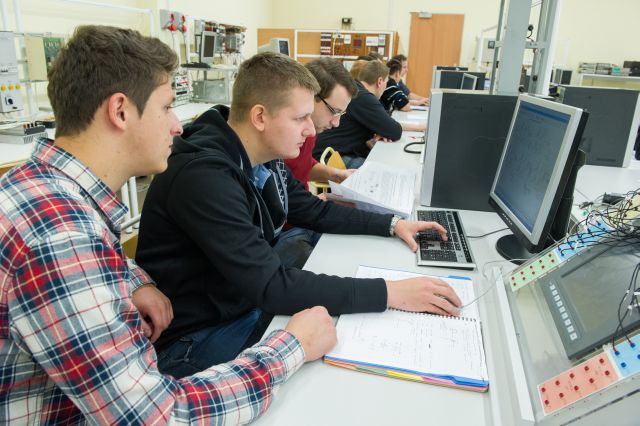
This degree is offered as a full time course and consists of seven semester. After completing second year students choose one of two blocks of elective subjects: Automation and Measurement ...
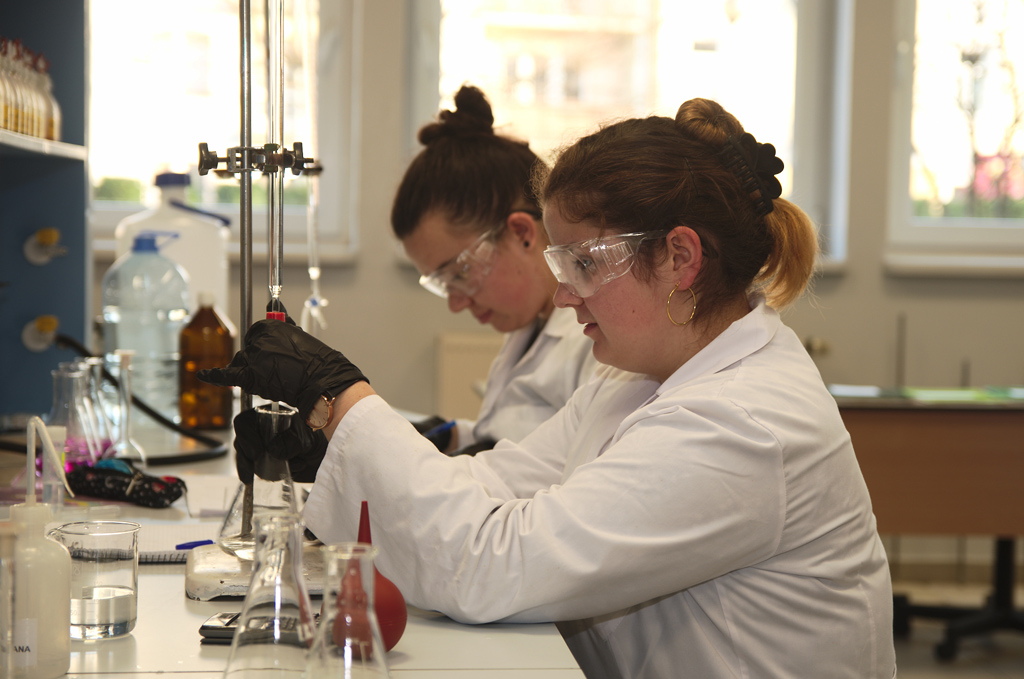
This Master degree is addressed to students who already hold BA or BEng. Depending on the completed first cycle studies, the course will last 3 or 4 semesters. The program enables ...

The studies prepare specialists in the technology of metallic, polymer and ceramic products and in the field of production process management. The study program is based on basic subjects such as mathematics, physics, computer science, chemistry. Major subjects include, among others, material technologies, engineering graphics, basics of mechanics and electrical engineering, basics of entrepreneurship and management, and cost accounting for engineers. The study program also includes subjects related to the humanities, economics, and foreign languages. Graduates of Technology and Production Management are prepared to work in production plants producing modern materials, as well as in ceramics, building materials, metallurgical plants, as well as in the production and processing of plastics.
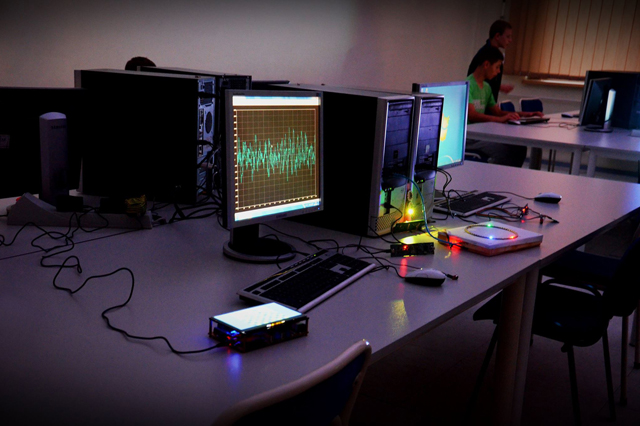
Full time degree course lasting seven semesters. As part of the computer science course students are offered three thematic elective blocks: Software engineering focused on the training ...
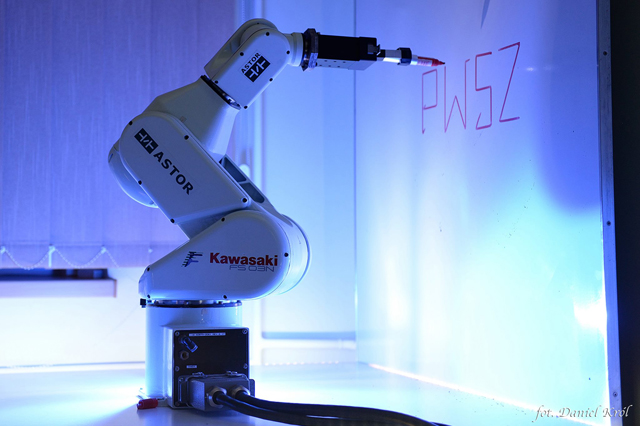
Full time, seven semesters engineering degree which ends with a diploma exam. There are two elective modules to choose from: • Computer processes of automation systems • Robotics ...
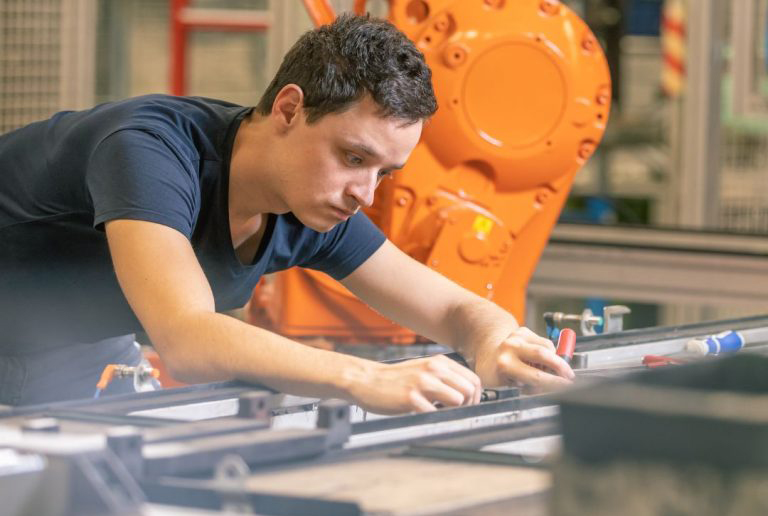
The Automation, Robotics and Electrical Engineering field of study is an innovative, interdisciplinary educational path that combines the most important elements of automation, robotics and electrical engineering. The seven-semester full-time and part-time curriculum is aimed at professional preparation of graduates to work in, among others, enterprises dealing with the design, implementation and maintenance of automatic, control and robotic systems; traffic maintenance services; design offices in the electrical and metrology industries; laboratories of research and development centers and the broadly understood power sector.

First cycle studies of a practical profile offered as a full-time course with seven semesters. After completing the 2nd year students choose one specialisation from the following: Industrial ...
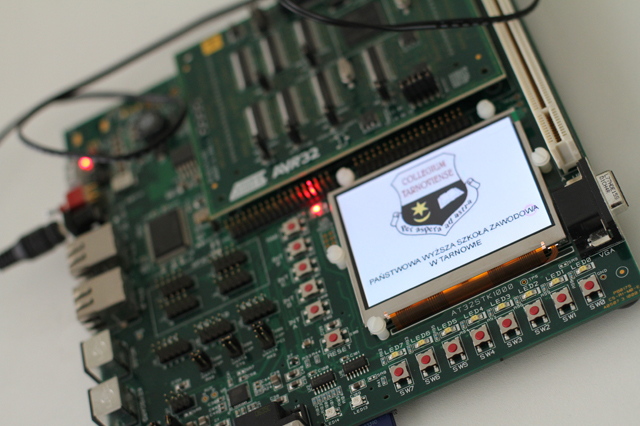
First degree studies with a practical profile which last 3.5 years (seven semesters). The studies are interdisciplinary in various disciplines of technical sciences, such as: mechanics, mechanical ...
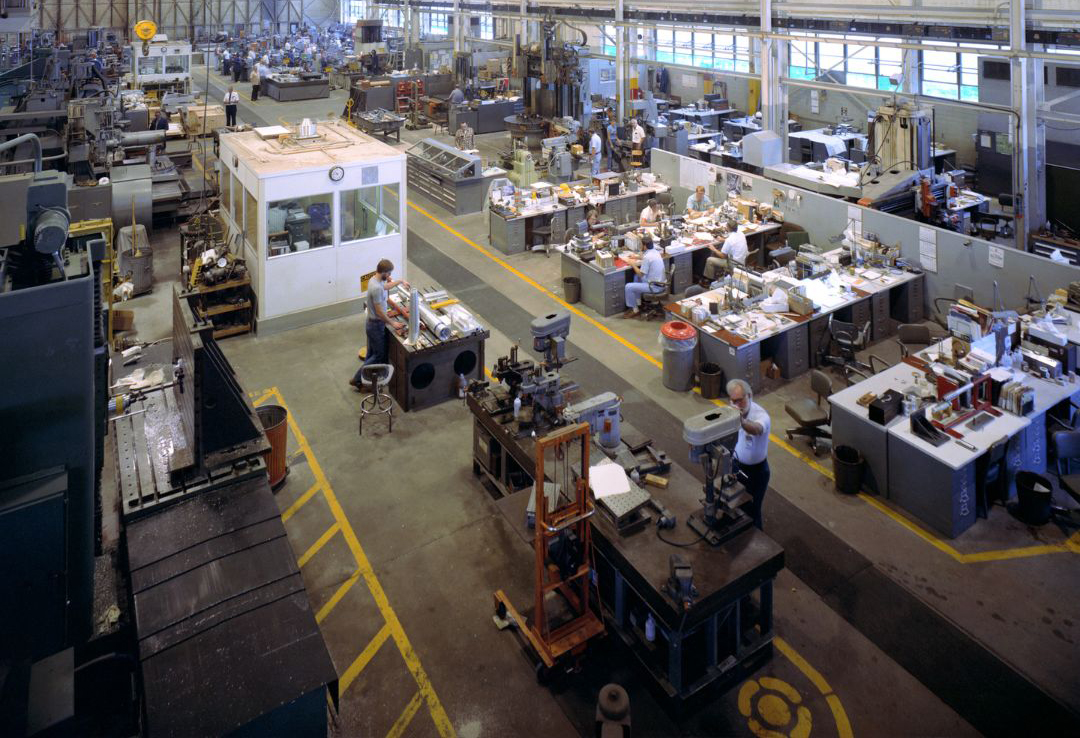
Electronics and Smart Technologies field of study is first-cycle studies with a practical profile and conducted in full-time mode for 3.5 years (7 semesters). Following the second year of studies, the students complete one of two elective modules: Electronics and measurement systems or Mechatronics and smart technologies. Upon completion of the studies, the graduates obtain the professional title of engineer and are prepared to undertake second-cycle studies.

